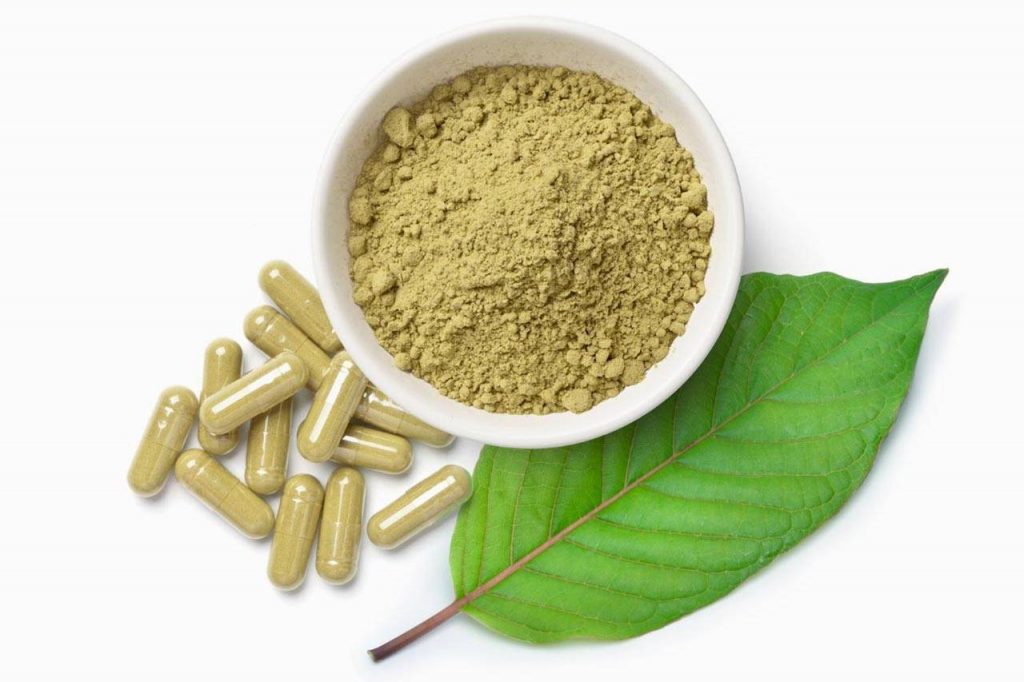Kratom, an evergreen tree native to Southeast Asia, has gained attention for its potential role in managing autoimmune conditions, offering a natural approach to symptom relief. Autoimmune conditions, such as rheumatoid arthritis, lupus, and multiple sclerosis, occur when the immune system mistakenly attacks healthy cells, leading to chronic pain, inflammation, and a range of debilitating symptoms. Traditional treatments often involve a combination of pharmaceuticals, physical therapy, and lifestyle changes, but these can sometimes fall short in providing relief or come with significant side effects. This is where kratom, derived from the leaves of the Mitragyna speciosa tree, comes into play. Kratom contains several active compounds, most notably mitragynine and 7-hydroxymitragynine, which interact with the body’s opioid receptors and may have anti-inflammatory and analgesic properties. This interaction suggests that kratom could potentially help alleviate pain and reduce inflammation, which are hallmark symptoms of autoimmune conditions. For instance, the anti-inflammatory effects of kratom may help mitigate the chronic inflammation associated with autoimmune disorders, potentially leading to improved joint function and reduced pain for individuals with conditions like rheumatoid arthritis.

Furthermore, kratom’s potential to provide symptom relief extends beyond just pain and inflammation. Its effects on mood and energy levels may also be beneficial for individuals struggling with best kratom autoimmune conditions. Many people with autoimmune disorders experience fatigue and mood disturbances, which can significantly impact their quality of life. Kratom’s stimulating properties, in lower doses, may help boost energy levels and improve mood, offering a supportive role in managing these symptoms. However, it is important to approach kratom with caution. Despite its promising potential, kratom use is not without risks. The compound can have side effects, including nausea, constipation, and dependency issues. Additionally, the legal status of kratom varies by region, and its use is still a subject of ongoing research and regulatory scrutiny. Therefore, while kratom may offer a natural alternative or adjunct to traditional treatments, it should be used under medical supervision, particularly in individuals with autoimmune conditions who may already be managing complex treatment regimens.
Moreover, comprehensive research into kratom’s efficacy and safety is still needed. Much of the existing evidence is anecdotal or based on preliminary studies, and the long-term effects of kratom use are not well understood. Therefore, individuals considering kratom as a treatment option should consult with healthcare professionals to weigh the potential benefits against the risks and to ensure that it fits appropriately within their overall treatment plan. In summary, while kratom presents an intriguing natural approach to managing autoimmune conditions, offering potential benefits in pain relief, inflammation reduction, and mood swings, its use must be carefully considered and monitored. As research progresses, a clearer understanding of kratom’s role in autoimmune management may emerge, potentially providing a valuable tool for those seeking alternative options in their healthcare journey.
